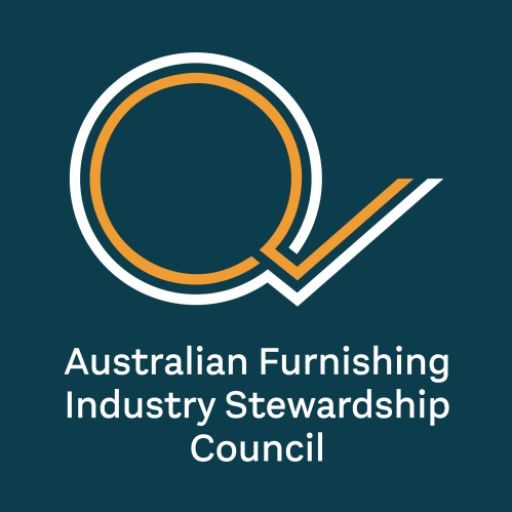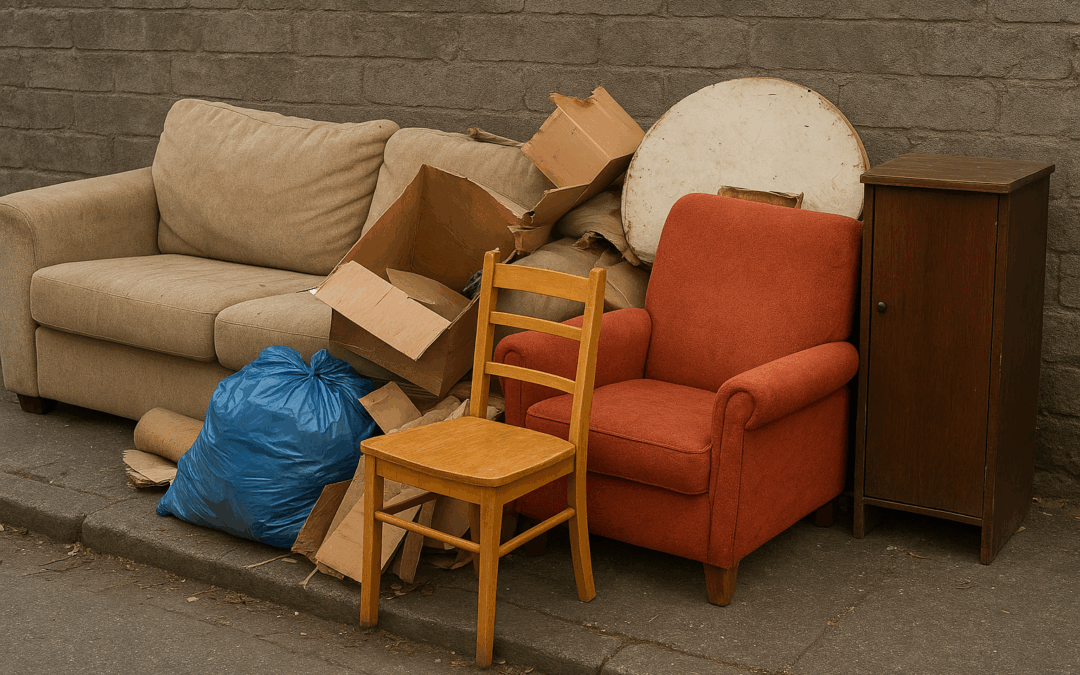The Australian Furnishing Industry Stewardship Council (AFISC) was created to embed stewardship across the furnishing supply chain, with a focus on the full product lifecycle. Through stewardship frameworks and advocacy, AFISC supports the use of independently tested and certified furniture that is fit for purpose at installation and remains reliable, safe and valuable throughout its service life.
AFISC was established by the Australian Furniture Association (AFA), the peak body for the furnishing industry. While the AFA leads advocacy and industry development, AFISC translates those commitments into practical tools and processes for settings such as health and aged care. Together, they represent the industry’s expertise in shaping safer, more sustainable procurement choices.
Our members demonstrate every day that furniture in aged care is more than décor. It is a fundamental part of how residents move safely and maintain independence, and how staff manage daily routines. The best outcomes occur when providers partner with reputable, evidence-driven suppliers—people who understand care environments and bring practical solutions, not just products.
Our members don’t just supply furniture; they back it with testing, independent certification or verification where applicable, service, and—where possible—options for refurbishment and recovery. That experience is exactly what helps procurement teams choose well.
Across the sector, AFISC members are proving that it’s possible to combine safety, comfort and sustainability. Some are using non-toxic surface treatments that extend the life of furnishings by reducing wear, spills and stains—minimising replacement, cutting waste and supporting a more sustainable lifecycle for materials in aged care facilities. Others are innovating with low-VOC, breathable and highly durable foams, independently tested as fit-for-purpose comfort layers suitable for both furniture and mattresses.
Recent reforms have raised expectations across safety, risk and accountability. The Strengthened Aged Care Quality Standards are regulatory expectations for providers, focused on outcomes such as governance, clinical care and the care environment. For furniture and fittings, this means showing that assets are safe, fit for purpose and supportive of dignity and independence. Procurement is now asked to do more than find a good price; it must show how choices reduce hazards, support clinical practice, withstand cleaning protocols and deliver value over time.
Our members provide practical evidence—test reports to relevant Australian Standards (from accredited laboratories), third-party certifications or verifications where available, clear specifications, warranties and service plans that keep assets in use and out of landfill. A safe chair must be stable, correctly sized and free from entrapment risks. Dining tables need surfaces and fixings that withstand frequent cleaning. Lounges should support independence with appropriate arms and seat heights. Testing and documentation turn expectations into assurance. They ease daily work for staff and give asset managers confidence in performance over time.
Stewardship carries assurance across a product’s life by linking safety with sustainability. It starts with robust, serviceable design, continues through maintenance and repair, and finishes with refurbishment, take-back or material recovery. These pathways cut waste and cost, reduce emissions, and strengthen sustainability without compromising care.
For procurement teams, a few targeted questions strengthen outcomes from the start:
• Was it tested to relevant Australian Standards?
• Is there independent certification or verification for this product or material?
• Are warranties and service plans clear?
• Are parts available—and is there an end-of-life pathway (refurbish, repair, take-back, recycle)?
A short evidence check prevents bigger problems later.
The AFA and AFISC also provide The Architects and Specifiers Guide to Furniture, offering guidance to support early-stage decisions that consider standards, compliance, durability and end-of-life pathways.
Funding programs are often available to support upgrades in aged care, and typically prioritise projects that demonstrate safety, durability and sustainable value. Evidence such as independent test reports, certifications, warranties and service plans shows that investments are durable, cost-effective and sustainable over their lifecycle.
An AFA Member highlights this approach: “We’ve been manufacturing in Australia since 1983, with sustainability at our core. Local production means smarter waste management, safer and more durable products, and lower environmental impact. With CNC technology and full digitization, we ensure precision, minimal waste, and long-lasting quality. The most sustainable choice is to buy well care for it and keep it for years.”
This is where verified and certified products add the most value to procurement. They come with documentation that can be relied upon, not just brochure copy. They are specified for the duty, not only the look. And they are supported beyond delivery through installation, training, maintenance and recovery. In a sector that needs to focus on safety, transparency and value, this makes furniture a dependable asset for care rather than just another purchase.
Stay up to date with furniture industry news:
AFISC provides stewardship guidance, documentation checklists and recovery principles;
The AFA shares industry updates and standards engagement.
Contact: Michelle Thomas, COO — mthomas@afisc.eco

